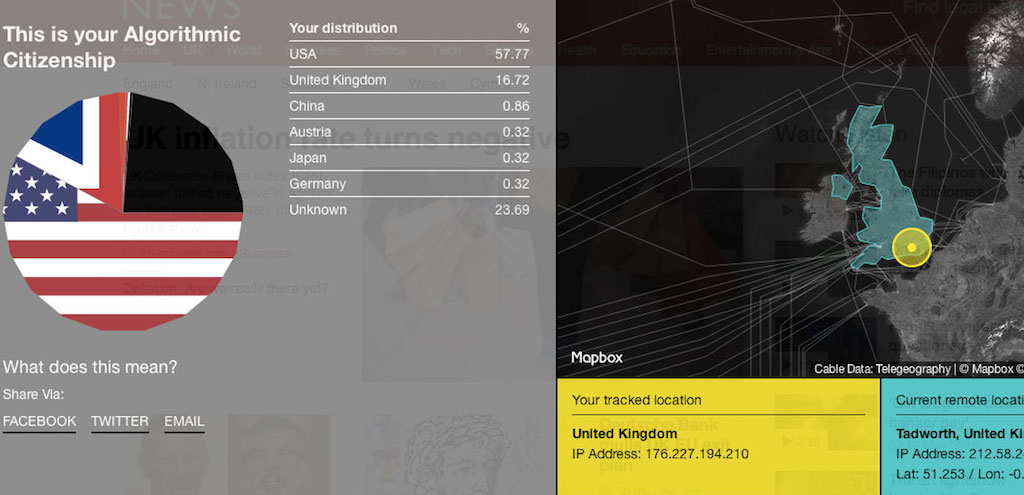Citizenship is one of the battlegrounds of the 21st Century, a century which will see increasing conflicts over territory and resources, as the previous consensus of nation states falls apart; people, jobs, labour and information become more mobile; and climate change causes ever greater stress on the environment, agriculture and industry. Where you are allowed to travel, work and live, already the most important questions for much of the world’s population, will come to affect more and more of us.
Most people are assigned a citizenship at birth, in one of two ways. You may receive your citizenship from the place you’re born, which is called jus soli, or the right of soil. If you’re born in a place, that’s where you’re a citizen of. This is true in a lot of North and South America, for example – but not much of the rest of the world. You may get your citizenship based on where your parents are citizens of, which is called jus sanguinis, or the right of blood. Everybody is supposed to have a citizenship, although millions of stateless people do not, as a result of war, migration or the collapse of existing states. Many people also change citizenship over the course of their life, through various legal mechanisms. Some countries allow you to hold more than one citizenship at once, and some do not.
What is Algorithmic Citizenship?
Algorithmic Citizenship is a new form of citizenship which is not assigned at birth, or through complex legal documents, but through data. Like other computerised processes, it can happen at the speed of light, and it can happen over and over again, constantly revising and recalculating. It can split a single citizenship into an infinite number of sub-citizenships, and count and weight them over time to produce combinations of affiliations to different states.
Every time you go online, the data you generate is used to make decisions about you. Websites, social media, apps and governments gather data about you to decide how to treat you: what adverts or content to show you, and in what language or format to communicate with you. Algorithms looking at your data decide whether you get shown an advert for a pair of shoes or a foreign holiday; whether the homepage appears in English or Chinese; whether or not you’re allowed to watch a YouTube video.
Sometimes it’s possible to use this data to your own advantage. By using a Virtual Private Network (VPN), for example, its possible to send your data via another country, from where you can watch all the videos or download all the files you like.
By doing this, you’ve effectively altered your Algorithmic Citizenship: it looks to the internet like you’re in another place, so it treats you like you are. You’ve changed the rules which apply to you, because the law is different in different places, for people with different citizenships.
More often, your Algorithmic Citizenship is decided without you being aware of the decision, or the consequences. Government surveillance agencies like the NSA and GCHQ use your Algorithmic Citizenship to decide whether to spy on you. For example, the NSA is not allowed to spy on US citizens, so they use browsing data to assign a percentage score to everyone on the internet. If that score drops below 50% American, then they can record them: different laws apply to them, even if they don’t know anything about them except how they behave online. This is also Algorithmic Citizenship.
Citizen Ex, is a browser extension for chrome calculates your Algorithmic Citizenship based on where you go online. Every site you visit is counted as evidence of your affiliation to a particular place, and added to your constantly revised Algorithmic Citizenship. Because the internet is everywhere, you can go anywhere – but because the internet is real, this also has consequences.
The concept of Algorithmic Citizenship is based on the work of John Cheney-Lippold, first outlined in the paper “A New Algorithmic Identity“. You can watch a conference talk on the topic on Youtube.
Read more about algorithmic citizenship here





